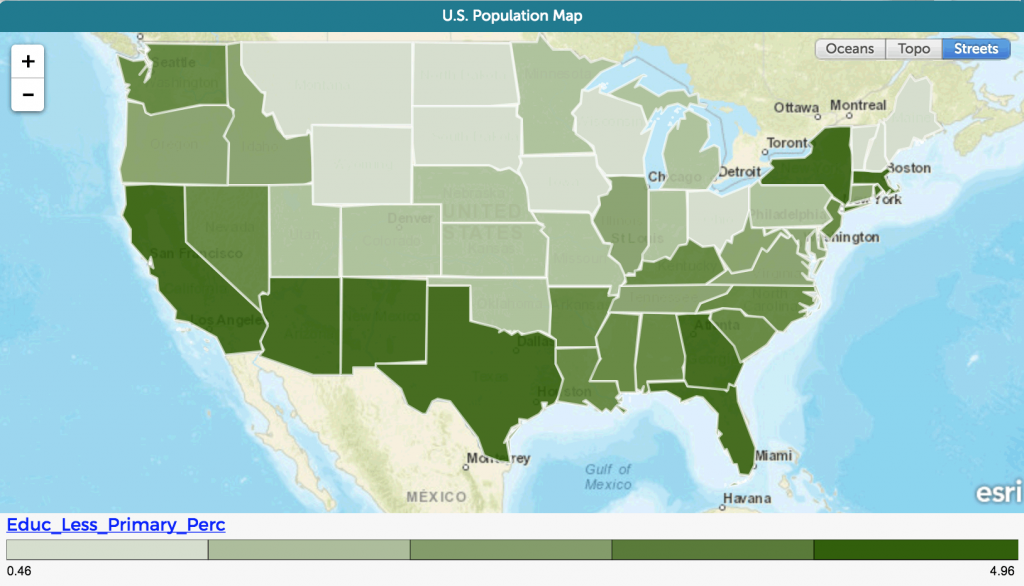Category: Tag: NSF
At the Concord Consortium, 12 of our research scientists are Principal Investigators or Co-Principal Investigators* on our dozens of National Science Foundation-funded projects. We polled our Principal investigators and their project managers to find out what it’s like to run a successful research and development project. Below are their top ten tips. 1. Like most […]
To prepare students for the 21st century workforce, we must teach them to work effectively in teams, keeping in mind that team members may be in the same room or on different continents. Although working collaboratively is widely recognized as an effective and efficient way to use a company’s manpower, most classroom work continues to […]
Eighteen states and the District of Columbia, representing more than a third of the U.S. student population, have adopted the Next Generation Science Standards (NGSS) since their release in 2013, and more are expected to follow. To make the most of NGSS, teachers need three-dimensional assessments that integrate disciplinary core ideas, crosscutting concepts, and science […]
It’s impossible to overstate the importance of getting more students and teachers working with data across all subject areas. Name a problem we face as a society—from combating global warming to feeding the growing population, reducing violence, and increasing equity—and data-savvy people are at the heart of any attempt at a solution. The Concord Consortium, […]
There are three kinds of mathematics: the math that’s taught, the math that’s learned, and the math that’s needed in the 21st century STEM workplace. With support from the Advanced Technological Education Program at the National Science Foundation, Michael Hacker, Co-Director of the Center for STEM Research at Hofstra University, and I organized a conference […]
The primary way students and teachers interact in the classroom is through talking. A teacher poses a question, a student answers, followed by discussion, or argument. Back and forth, words are exchanged; ideas are refined and understood. But unlike words on paper, spoken words disappear as soon as they are expressed. Even if the conversation […]
We’re thrilled to present five videos in the National Science Foundation STEM for All Video Showcase from May 17 to 23! We invite you to view the videos and join the conversation about the latest research in STEM and computer science teaching and learning. Please vote for our videos through Facebook, Twitter, or email! CODAP […]
The National Science Foundation has awarded the Concord Consortium a three-year Cyberlearning grant to develop and test new data science games for high school biology, chemistry, and physics, and research how learners conceive of and learn with data. The Data Science Games project builds on prior work, which led to the invention of a new […]
Our nation’s future competitiveness and our citizens’ overall STEM literacy rely on our efforts to forge connections between the future workforce and the world of emerging STEM careers. Biotechnology, and genetics in particular, are rapidly advancing areas that will offer new jobs across the spectrum from technicians to scientists. A new $1.2 million National Science […]
A grant from the National Science Foundation will help launch a new interdisciplinary field of study in spoken language technology for education. The one-year “Building Partnerships for Education and Speech Research” project will unite the extensive education research and educational technology backgrounds at the Concord Consortium and SRI International’s Center for Technology in Learning (CTL) […]

